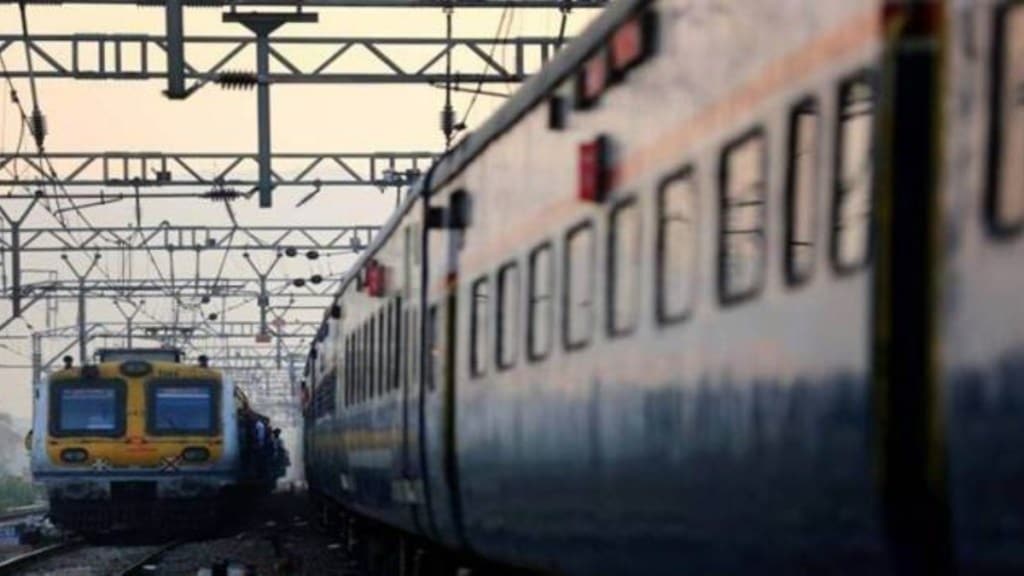Railway Minister Ashwini Vaishnaw today reviewed the trial of the Kavach system between Sawai Madhopur and Indargarh Railway stations in the West Central Railway Zone.
During the trial, Vaishanw was travelling the engine of a Kavach-fitted train. Running at a speed of 130 kmph, the train stopped 50 metres before the red signal without any manual interference with the braking function by the locopilot.
Kavach trial: Test cases
Railway officials involved in the trial reported that Kavach was tested for seven different emergency scenarios, successfully functioning as expected in each case. “The train was running at 130 kmph and the moment it entered a section where there was a permanent speed restriction of 120 kmph, the Kavach brought down its speed to 120 and then after crossing it regained the 130 kmph speed,” a railway official said.
In another case, the train entered a loop where the required speed was 30 kmph, Kavach reduced the speed of the train from 130 kmph to 30 kmph before entering the loop line.
“During the trial, a station master sent a message of some sort of abnormalities in train running and Kavach again automatically applied the brake and stopped the train,” the official added.
“At one stage when the driver failed to sound a whistle at a level crossing, the safety system automatically activated and applied the whistle,” he further said.
The trial went on for half an hour. Post the trial Vaishnaw said that in the next five to six years, the latest Kavach version will be installed across all rail network in India.
Vaishnaw stated that efforts are in progress to operationalize the Kavach system on the 3,000-km Mumbai-Delhi and Delhi-Kolkata routes, with installation work on an additional 6,000 km set to begin soon.
“Kavach has so far been deployed on 1,465 Route km and 139 locomotives (including Electric Multiple Unit rakes) on South Central Railway,” a Railway Ministry official said.
(With PTI inputs)

